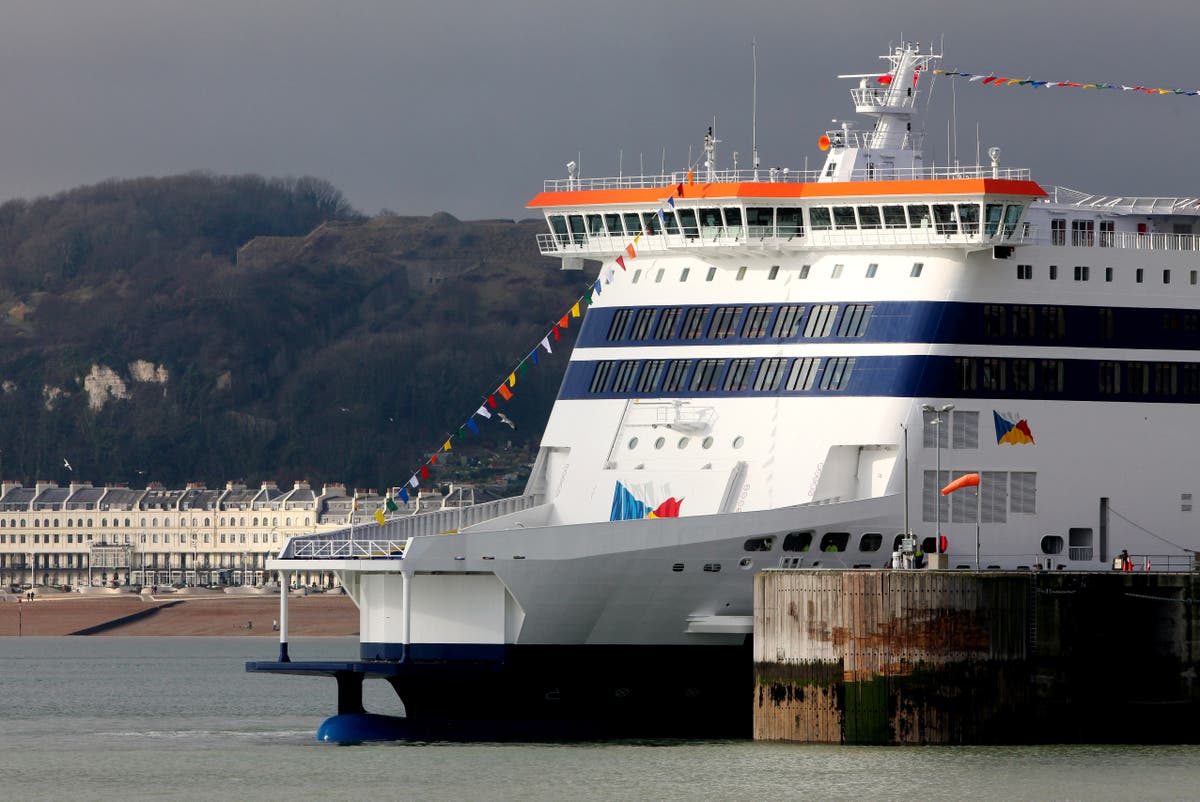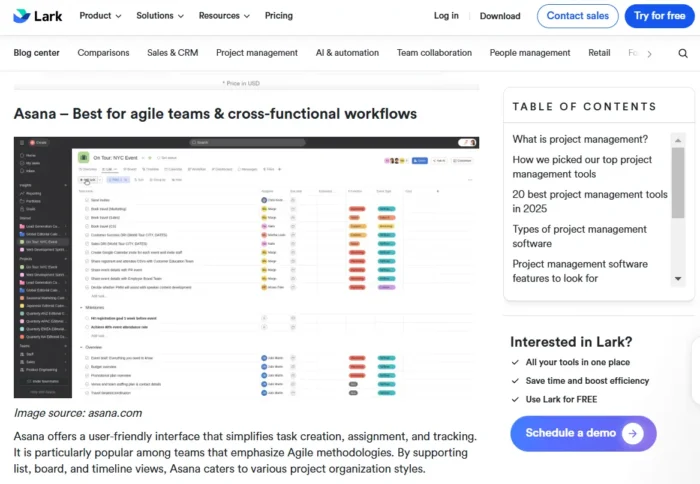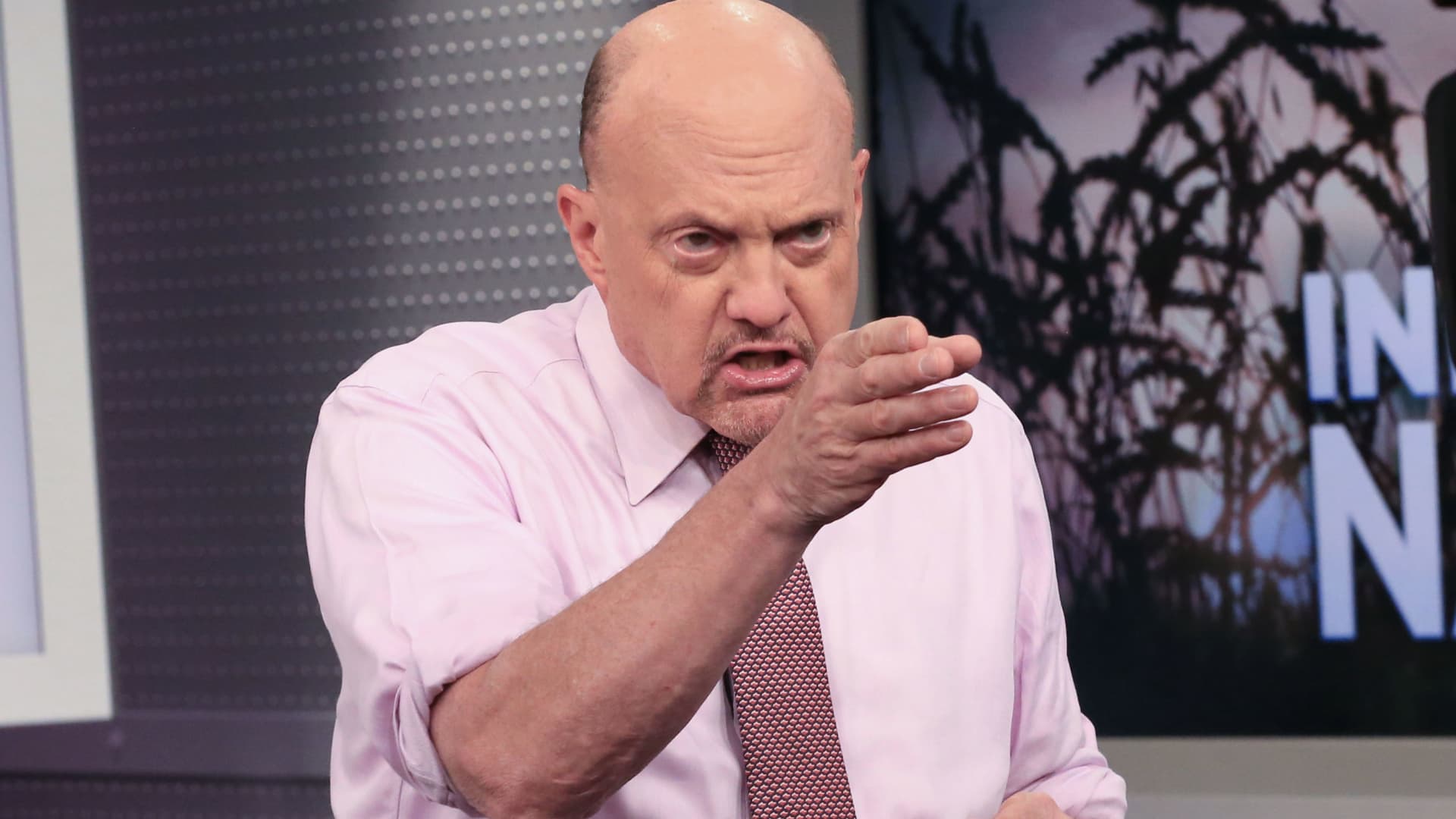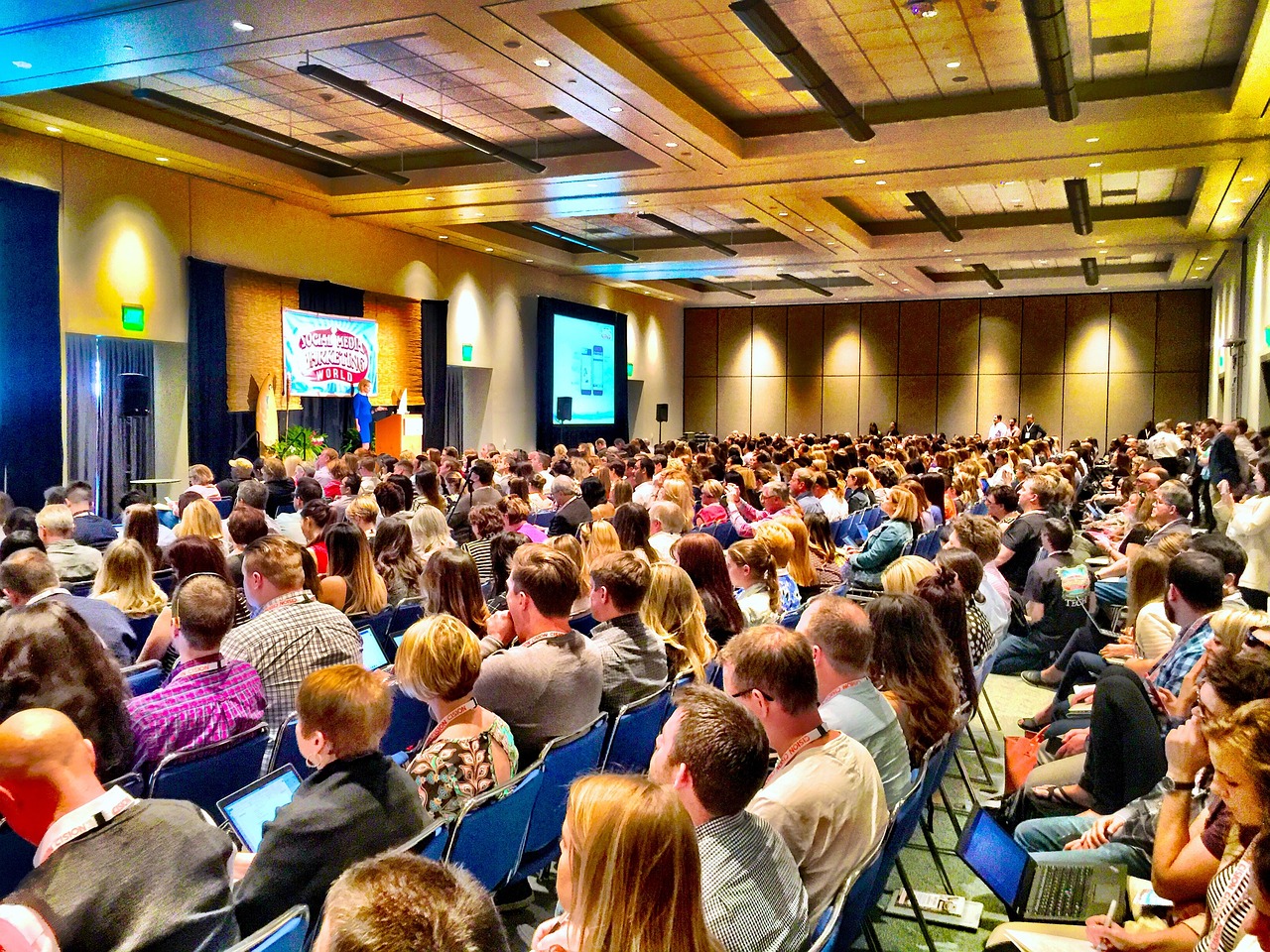Who pays for the bank holiday Monday air traffic control chaos?
Plane Talk: ‘There is no mechanism by which airlines can seek financial compensation directly from Nats,’ says aviation minister

Sign up to Simon Calder’s free travel email for expert advice and money-saving discounts
Get Simon Calder’s Travel email
“Last week 2,000 flights were cancelled because of Nats’s inability to process flight plans, and a quarter of a million passengers were grounded” – so said Lord Young, a former Conservative transport secretary, in the House of Lords on Tuesday afternoon.
George Young, as he was known in John Major’s government, pointed out: “When airlines are responsible for delays, they must pay compensation to the passenger and pay for alternative flights, accommodation and food.
“When Nats is responsible for delays, no compensation is payable at all – and, worse, the airlines have to pick up the bill for alternative flights, food and accommodation, which, in this case, was £100m.
“Both Nats and the airlines are commercial companies – Nats had a profit of £150m last year. So is not the differential compensation between Nats, on the one hand, and airlines, on the other, wholly indefensible?”
I followed the debate with interest; not from the airlines’ perspective, but from the traveller’s point of view.
During the delays and cancellations on the bank holiday Monday, passengers immediately faced extreme price rises for alternative transport and for hotels anywhere near airports.
Under present arrangements, all those costs are passed on to airlines. The basic rule is: an airline that cancels a flight for any reason, including issues completely beyond its control, must meet all claims for transportation, accommodation and meals.
Because the airlines have an unavoidable obligation to recompense passengers, the failure put a huge administrative burden on the airlines.
For just one of the 300 flights cancelled by a single airline, Ryanair, the carrier could face 100 separate claims, each with multiple elements, to be assessed, possibly queried and paid. No prizes to whom those heavy costs involved will be passed on, if Nats does not pay: the passenger.
The aviation minister, Baroness Vere, made it clear the airlines would not be able to claim from Nats.
She said: “There is no mechanism by which airlines can seek financial compensation directly from Nats in this circumstance.”
But Nats could pay for its failure later, the minister added. “There are incentives for Nats linked to its performance; failure to reach target levels may incur penalties and reduce the charges paid by airlines,” she said.
“There is also a mechanism to reduce charges in subsequent years to the airlines because of poor performance. However, I would say that the event that happened was, thankfully, very rare; nothing similar had been seen for over 10 years. Therefore, we are very grateful for the work that the airlines did, and we worked closely with them to repatriate people as necessary.”
Labour’s Lord Berkeley weighed in, pointing out: “If a passenger is delayed on a train, they can claim compensation from the train operator, which in turn can claim from Network Rail, the infrastructure manager, if it caused the delay.
“It seems to me that Nats and Network Rail are very similar – they are infrastructure managers – so what is the difference between compensation if you are on a train or on a plane?”
The minister rejected the comparison. Baroness Vere concluded: “I think all noble Lords must agree that the system failed safely. We are in agreement that at no point was there a risk to life and that shows that the system is working.”
The UK’s record on aviation safety is, thankfully, astonishingly good. The last fatal accident involving a British jet aircraft was in the 1980s. But while no one ever wants to take safety for granted, the passenger would like to take air-traffic control resilience for granted.

 UsenB
UsenB 
































